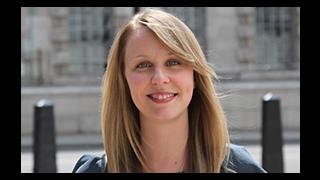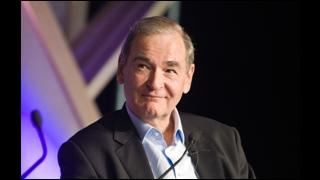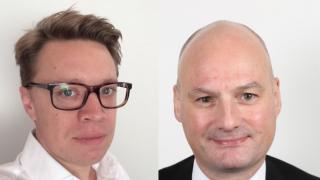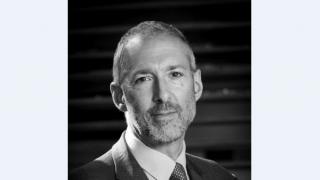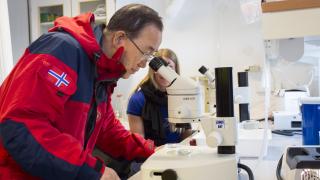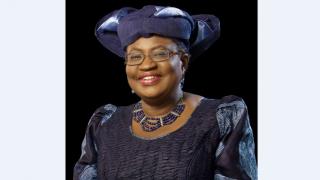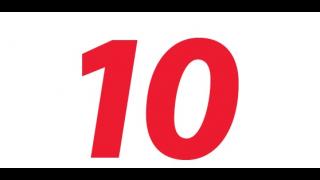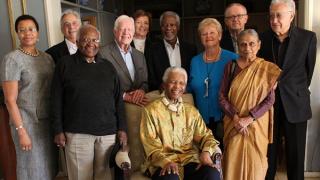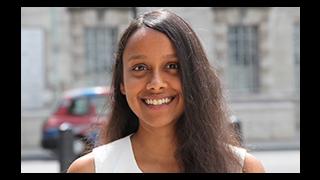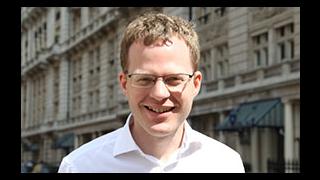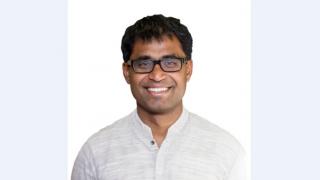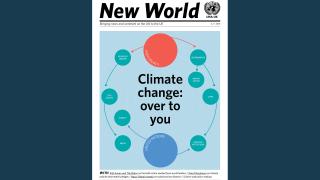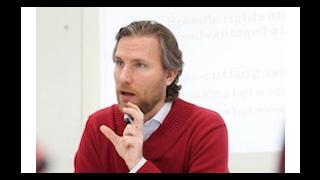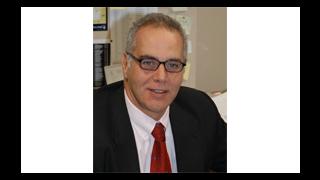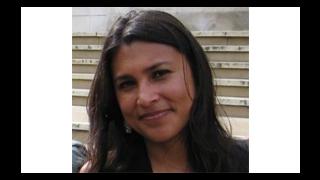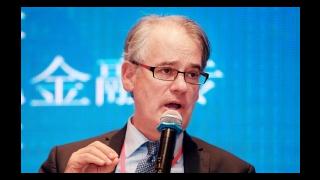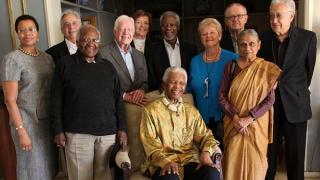
Editor’s note: the following letter was sent by The Elders to heads of state and government in September, just prior to the UN Sustainable Development Goals (SDGs) Summit. The Elders’ letter highlights the pressing need for the SDGs – since adopted – and the anticipated climate treaty to share a coherent and ambitious agenda. The issues of poverty and climate change, closely interwoven, cannot be decoupled. How unified these two UN processes are may ultimately decide their success in tackling these challenges. New World is grateful to The Elders for sharing this letter with our readers.
Your Excellency,
2015 is the year in which the community of nations will conclude two of the most important international processes of our times. Together they hold the promise of improving the lives of billions of people over the coming decades, while preventing irreparable damage to our planet. You have a decisive role to play in charting the course of history.
In September in New York, governments will agree new Sustainable Development Goals (SDGs). In December in Paris, nations will adopt a new universal agreement to address climate change. We are confident that governments will successfully conclude both the SDGs and the climate change agreement. The question remains: at what level of ambition will they be so concluded?
Incremental change is no longer enough. The world is already experiencing the damaging impact of climate change. If action is not taken immediately to stop and reverse current climate trends, we shall face a world with average global temperatures several degrees higher than when we were children.
The SDGs will be greatly reinforced by the approval at the Paris conference of a strong, ambitious and equitable agreement to address climate change. We do not face a choice between development and poverty reduction or addressing climate change. To the contrary: climate stability underpins prosperity, poverty alleviation and the rule of law.
Yet the negotiation of the new climate agreement is proceeding slowly and key issues remain unresolved with precious little time left. Thus we urge you to:
- use the opportunity of the SDG Summit later this month to inject new urgency into the Paris negotiations. Give your negotiators the mandate to draft a binding international agreement under the UNFCCC which will limit the increase in average global temperature to less than 2 degrees Celsius – the target that all nations already agreed to in 2010. Now is the time to move towards early implementation of a credible carbon pricing system, linked to carbon budgets. Accurately pricing carbon will accelerate development of alternative sources of energy;
- establish in the Paris agreement an overarching goal for all nations to reach a state of carbon neutrality by 2050. Countries should agree a timetable for acting on their commitment to phase out fossil-fuel subsidies, with early action on coal. The science is clear and business, investors and consumers need strong signals that economies are clearly, firmly and steadily on the path to carbon neutrality;
- commit now to the inclusion in the Paris agreement of mechanisms that will assess collective progress and ratchet up the commitment of all countries on mitigation and adaptation every five years. Mutual support and transparency to ensure our collective future wellbeing is the most effective – and morally just – way to proceed;
- approve a financial package that will ramp up investment in clean energy and support adaptation by poor countries. Plainly, poor countries must grow in order to reduce poverty and meet the aspirations of their citizens, and growth requires energy. So developing countries must grow in a way the world’s industrialised societies did not: using clean energy that decouples economic growth from greenhouse gas emissions.
Excellency, our future needs to be created by design rather than by happenstance. We urge you to seize the extraordinary opportunity at hand. Together Heads of State and Government can go far beyond business as usual. You can prove to be an historic generation of leaders who will have a profound and positive impact that echoes throughout the century. This is the moment for you and all world leaders to be the architects of a new and better world. The courage and conviction you show will be remembered for decades to come.
Please accept, Your Excellency, assurances of our highest consideration and esteem.
Kofi Annan, Chair of The Elders and former UN Secretary-General
Martti Ahtisaarti, Former President of Finland
Ela Bhatt, Founder of the Self-Employed Women’s Association in India
Lakhdar Brahimi, Former Algerian Foreign Minister
Gro Brundtland, Deputy Chair of The Elders and former Prime Minister of Norway
Fernando Henrique Cardoso, Former President of Brazil
Jimmy Carter, Former President of the United States
Hina Jilani, Advocate of the Supreme Court of Pakistan
Graҫa Machel, Former Minister of Education and Culture in Mozambique
Mary Robinson, Former President of Ireland
Ernesto Zedillo Ponce de León, Former President of Mexico
The Elders is an independent group of global leaders who work together for peace and human rights. They were brought together in 2007 by Nelson Mandela. Members of The Elders no longer hold public office; they are independent of any national government or other vested interest and have built a reputation for inclusive, progressive leadership.
Photo: © The Elders

